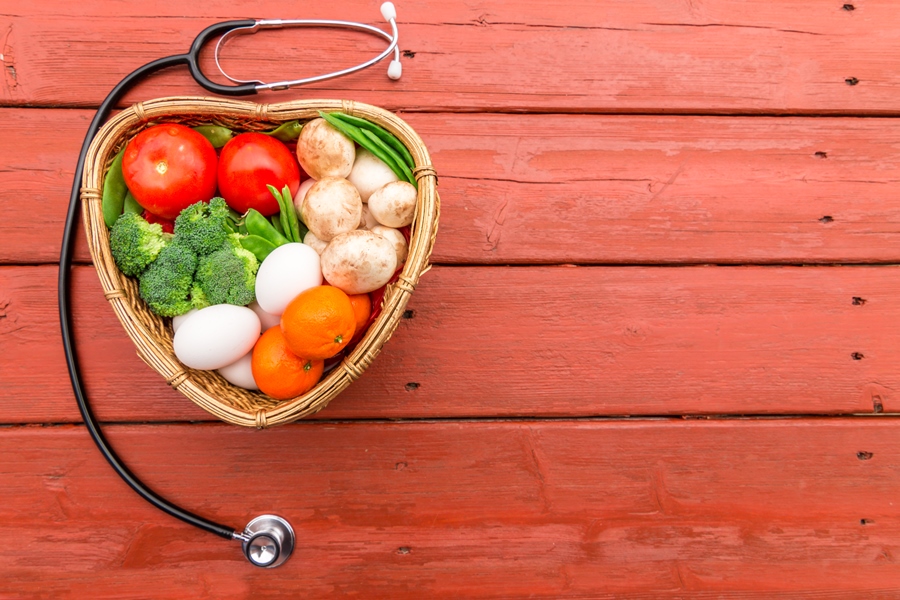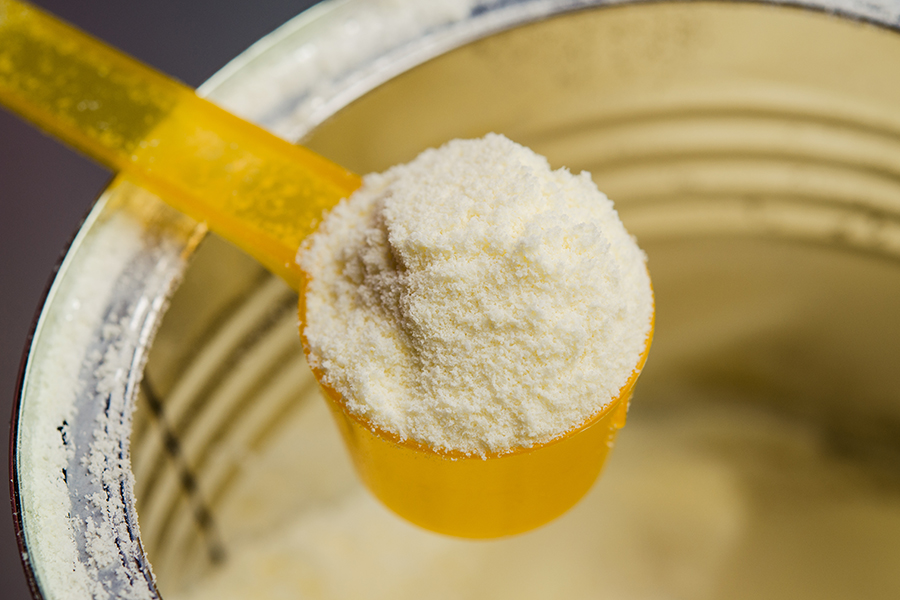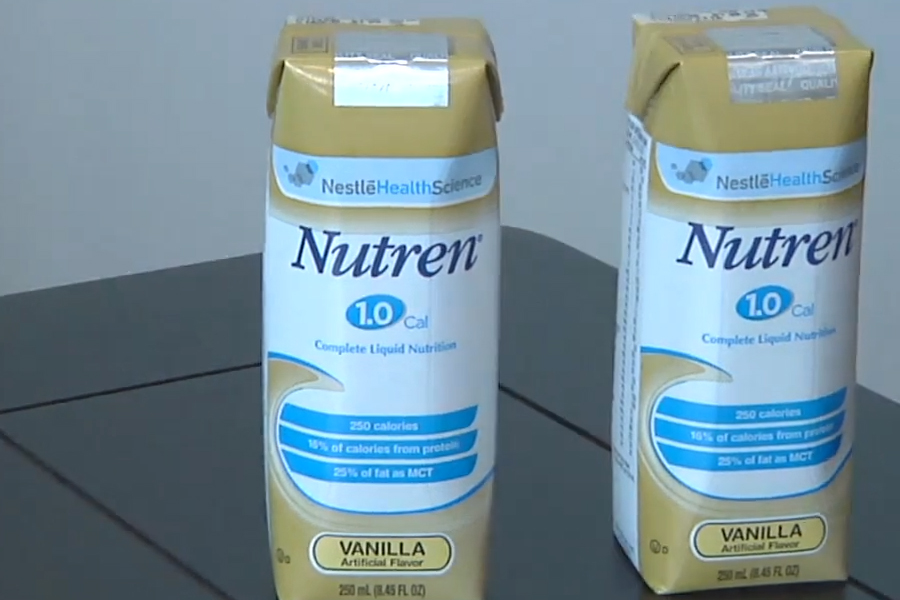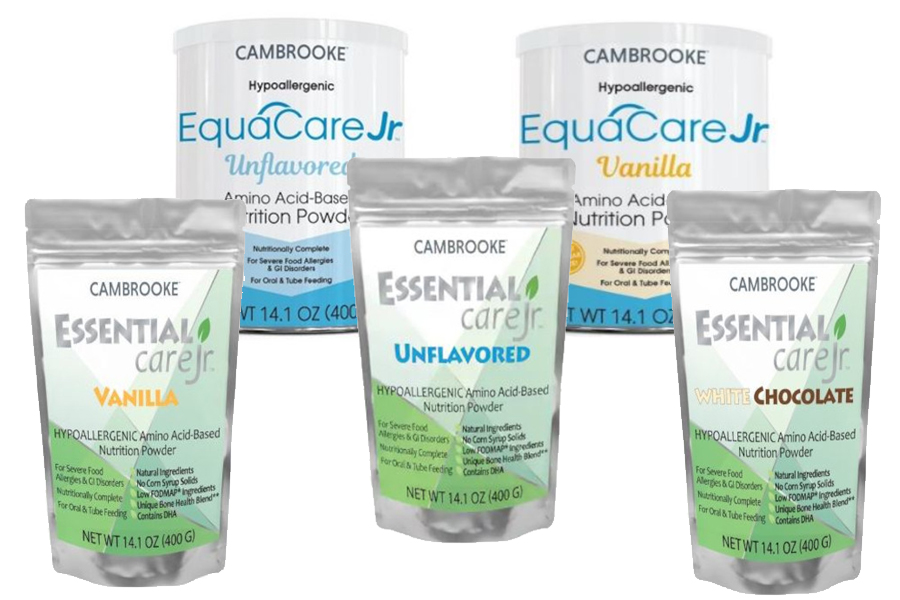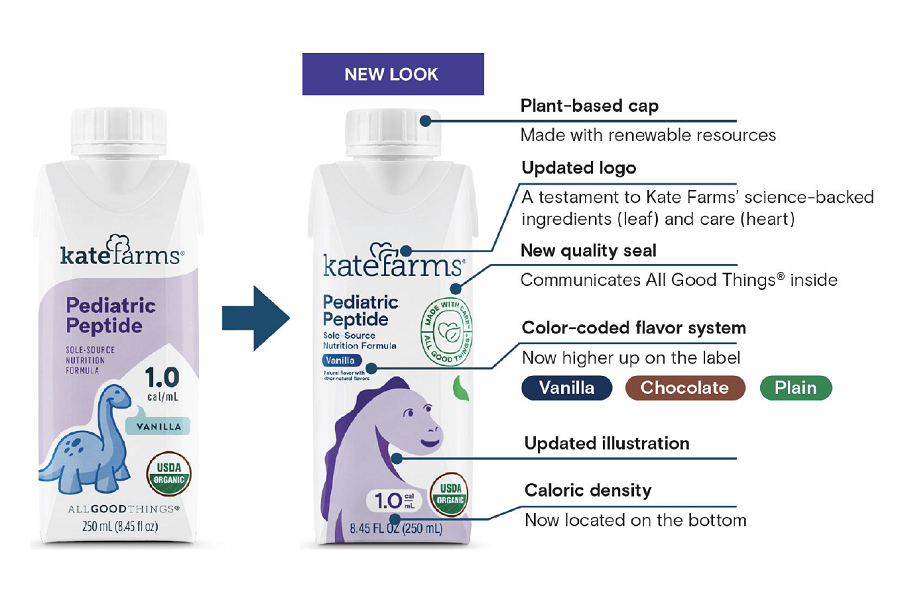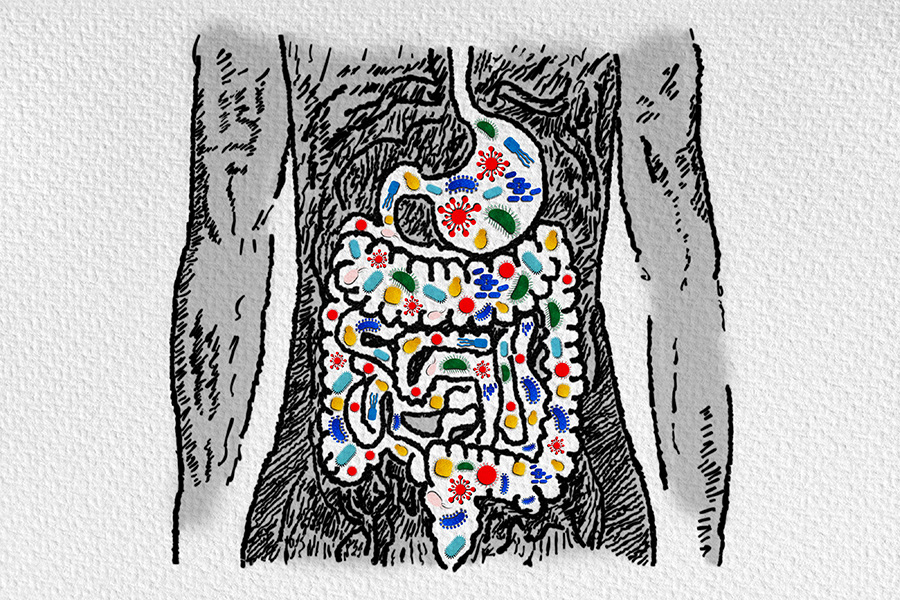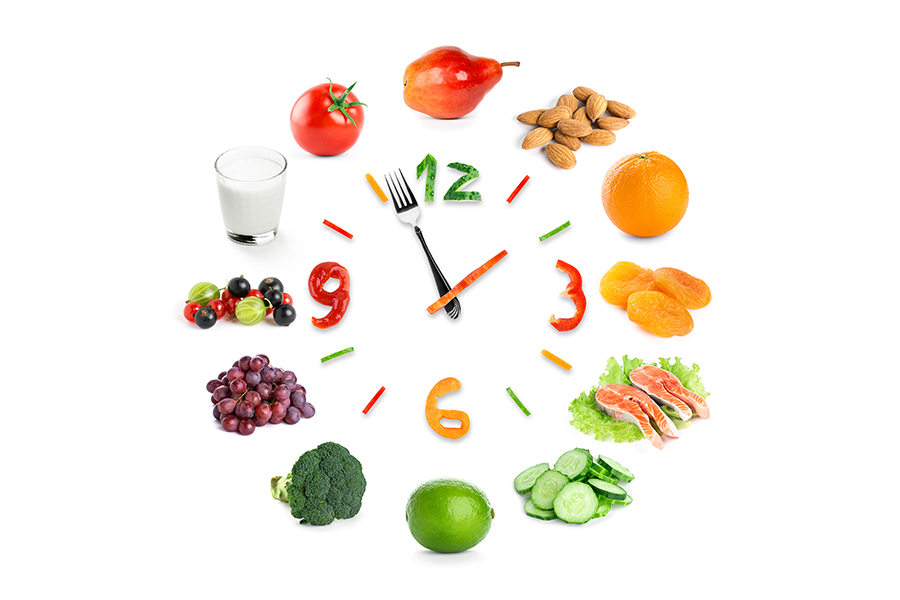Why do I need vitamin D?
- Calcium absorption and strong bones/Osteoporosis prevention
- Cell growth
- Nervous system
- Immunity
- Hormone synthesis…and more!
How much do I need?
- The current recommendation set by the Food and Nutrition Board of the Institute of Medicine is 600 International Units (IU) for children and adults age 1 to 70 years old.
How do I know if I get enough?
- Your serum 25 (OH) Vitamin D level should be >30 nmol/L, although some experts think the norm should be set at 50 nmol/L.
Am I at risk for deficiency?
- Risk factors for vitamin D deficiency include darker skin, obesity, advanced age, limited sun exposure and malabsorptive conditions, such as Inflammatory Bowel Disease.
How do I get vitamin D?
- Your body uses UVB exposure from sunlight absorbed by your skin to make the vitamin.
- Researchers recommend 5 to 30 minutes of sunlight between 10 am and 3 pm at least twice weekly. Spend less time in the sun if you burn easily.
Multiple factors affect vitamin D synthesis:
- Complete cloud cover reduces UV rays by 50%
- Shade cover reduces UV rays by 60%
- Sun exposure through glass does not produce the vitamin
- Sunscreen with SPF > 8 blocks most UV rays (although most people don’t apply enough to prevent partial exposure)
- Season, time of day and smog levels also come into play
- The more melanin (pigment), or the darker your skin, the less UVB it can absorb
What if I don’t get enough sunlight?
Food Sources of D:
| Food | Amount in International Units | Percent Daily Value |
| Cod Liver Oil, 1 Tbs | 1,360 IU | 340% |
| Salmon (sockeye), 3 oz | 447 IU | 112% |
| Tuna packed in water, 3 oz | 154 IU | 39% |
| Orange Juice, fortified | 137 IU | 34% |
| Milk, 1 cup | 120 IU | 30% |
| Fortified Margarine, 1 Tbs | 60 IU | 15% |
| Egg Yolk, 1 large | 41 IU | 10% |
Vitamin D Supplements:
Supplements come in two forms. Both are effective at increasing D levels in your blood.
- Vitamin D3 (cholecalciferol)
- Vitamin D2 (ergocalciferol)
Caution: Vitamin D is a fat-soluble vitamin, which means it is stored in your body tissues. Chronic high doses from supplements may lead to toxicity symptoms, such as heart arrhythmias and high blood calcium, which may cause calcification of the heart, blood vessels and kidneys.
Source: Office of Dietary Supplements, National Institutes of Health










